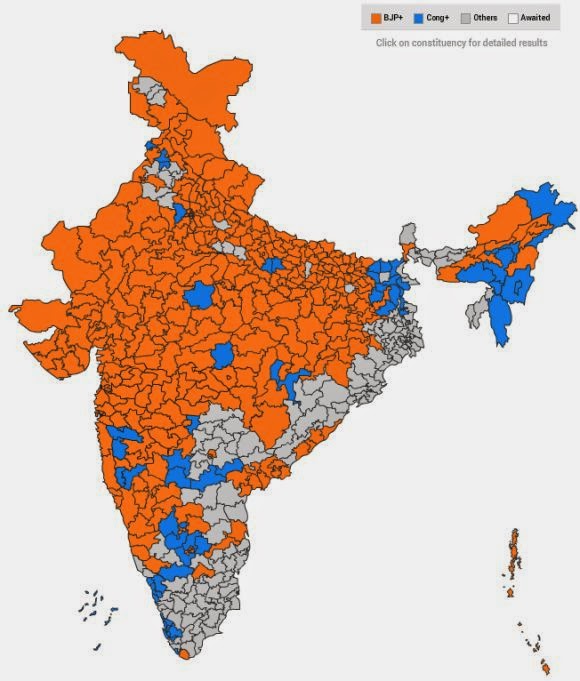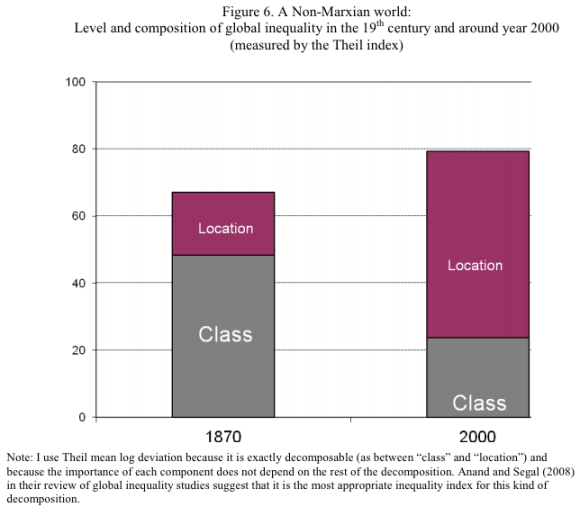Physics Meets Economics
In response to my blog on how George Soros made a billion in a day , my dad had posted his comment including the following line: “Economics is too much for me! I find even the most advanced physics a lot easier!!” My dad must be the rare person from the physics domain to say that. Sheldon's (of The Big Bang Theory TV series fame) response when asked by Penny if he knows economics is representative of how most physicists talk about other fields: “I'm a physicist. I have a working knowledge of the entire universe and everything it contains.” Hell, there's even an interdisciplinary research field called econophysics ! The term was coined by Eugene Stanley, to describe the large number of papers written by physicists in the problems of (stock and other) markets. You can imagine how deeply physics has tried to “infiltrate” economics by the fact that there are even terms like classical economy, quantum economy and quantum finance! (But before you get too carried away

